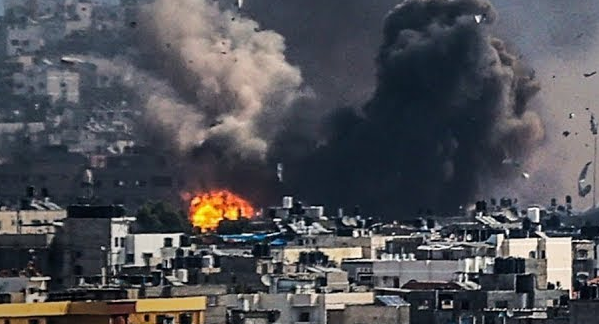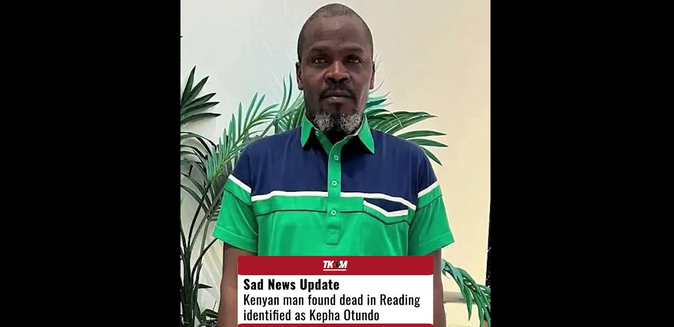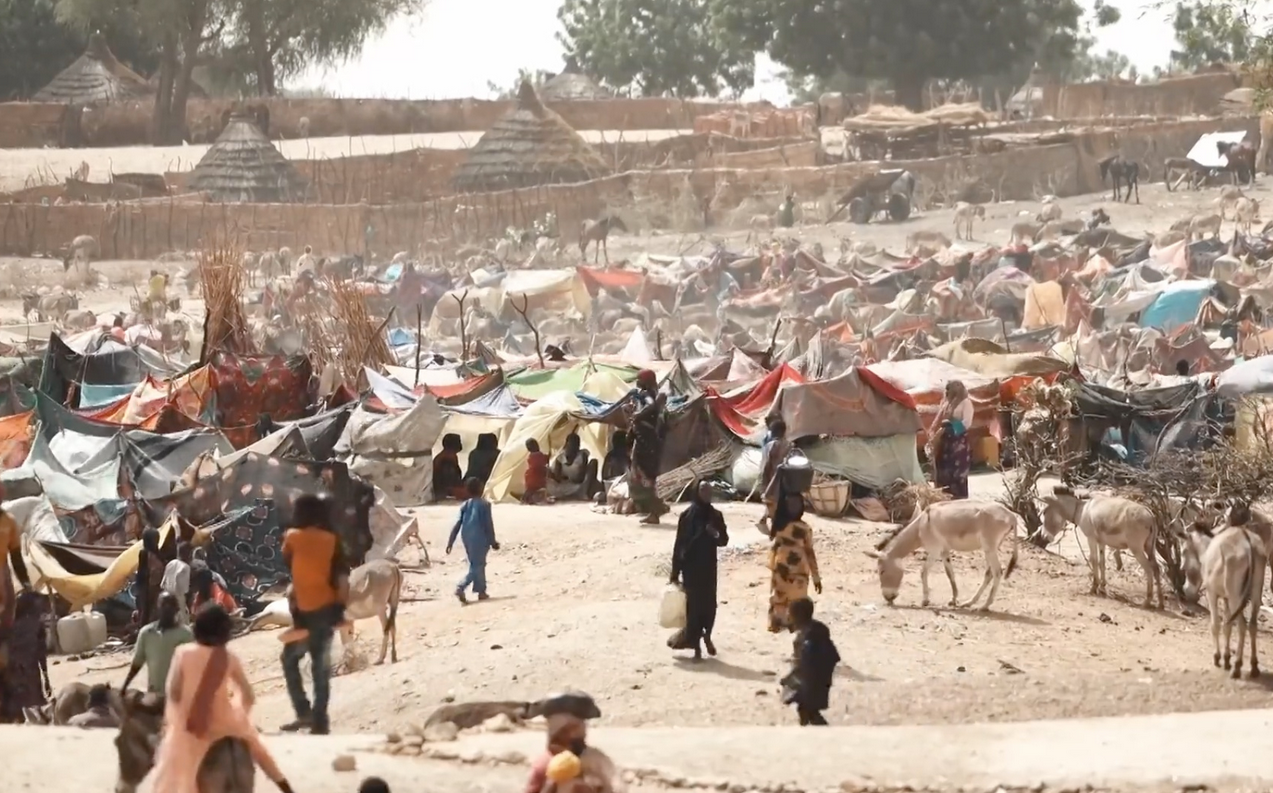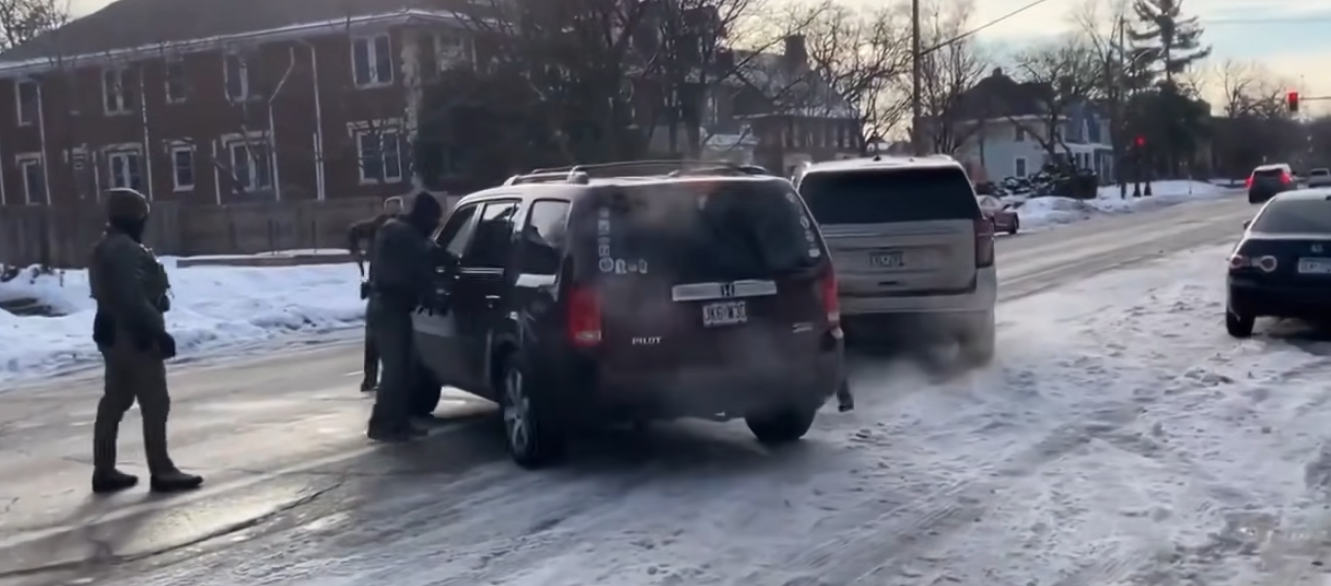The UN’s top human rights official on Friday made a strong call for accountability for serious violations committed by all parties in Gaza, the West Bank, including East Jerusalem, and Israel.
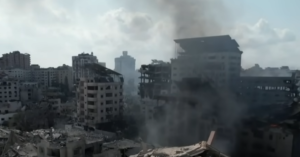
These acts are all prohibited by international human rights and humanitarian laws.
“The entrenched impunity reported by our Office for decades cannot be permitted to continue. There must be accountability on all sides for violations seen over 56 years of occupation and the 16 years of blockade of Gaza, and up to today,” said Volker Türk, the UN High Commissioner for Human Rights.
“Justice is a pre-requisite for ending cycles of violence and for Palestinians and Israelis to be able to take meaningful steps towards peace.”
The report covered the 12-month period up to 31 October 2023. It also noted that further investigations are needed to establish the full extent of crimes committed under international law.

Call for fair trials
High Commissioner Türk urged all parties to immediately cease human rights and international humanitarian law violations and abuses, and to conduct prompt, independent, impartial, thorough, effective, and transparent investigations into all alleged violations.
All those responsible for violations must be held to account in fair trials, he said, calling on all parties to cooperate with international mechanisms for accountability, including the International Criminal Court (ICC), as well as the International Court of Justice (ICJ).

7 October attacks and aftermath
The report said Al Qassam, the armed wing of Hamas, and other Palestinian armed groups committed serious violations of international law on a wide scale on 7 and 8 October.
These included attacks directed against civilians, wilful killing and mistreatment of civilians, wanton destruction of civilian objects, and the taking of hostages, which amount to war crimes.
Accounts that members of Palestinian armed groups and others committed rape, sexual assault, and torture require further investigation and full accountability in accordance with international law, the OHCHR report noted.
It added that the ensuing military response by Israel – and its choice of means and methods of warfare – have led to massive suffering of Palestinians, including the killing of civilians on a broad scale; extensive, repeated displacement; destruction of homes, and the denial of sufficient food and other essentials.
Women and children have suffered especially and that clear violations of international law have been committed, it said.

Three emblematic incidents
The report identified three emblematic incidents, amongst numerous others, as having raised serious concerns about compliance with international humanitarian law.
Two strikes on Jabalia Refugee Camp and one on Al-Yarmouk, Gaza City, involved the use of explosive weapons with wide-area effects in densely populated areas. The strikes resulted in enormous destruction, and according to reports no warning was given, nor any effort made to evacuate residential buildings prior to the strikes.
OHCHR verified a combined 153 deaths in the attacks, but the number could be as high as 243.
“Launching an indiscriminate attack resulting in death or injury to civilians, or an attack in the knowledge that it will cause excessive incidental civilian loss, injury or damage, are war crimes,” High Commissioner Türk said.

Independent experts call for arms embargo on Israel
Also on Friday, over 30 UN independent human rights experts called for an immediate stop to arms exports to Israel.
In a statement, they warned that any transfer of weapons or ammunition to Israel that would be used in Gaza is likely to violate international humanitarian law.
“All States must ‘ensure respect’ for international humanitarian law by parties to an armed conflict, as required by 1949 Geneva Conventions and customary international law,” the experts said.
“States must accordingly refrain from transferring any weapon or ammunition – or parts for them – if it is expected, given the facts or past patterns of behaviour, that they would be used to violate international law.”
The experts welcomed the recent decision of an appeals court in the Netherlands which ordered the Government to halt the export of F-35 fighter jet parts to Israel, citing a “clear risk” of serious violations of international humanitarian law.
They added that the need for an arms embargo on Israel is heightened by the International Court of Justice’s ruling last month that there is a plausible risk of genocide in Gaza.
The group of experts who issued the statement were all appointed by the UN Human Rights Council and serve in their individual capacity, independent of the United Nations and national governments.
They are not UN staff and do not receive payment for their work.
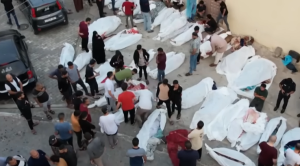
Humanitarian situation
Meanwhile the dire humanitarian situation persists in the Gaza Strip, with little signs of abetting.
The UN agency assisting Palestine refugees (UNRWA) reported that between 20 and 21 February, only 69 aid trucks entered the war-ravaged enclave – well below the target of 500, amid significant difficulties bringing supplies in through both Kerem Shalom and Rafah crossings.
It added that at times had to temporarily stop discharging supplies due to security.
At the same time, humanitarians reported a steep rise in malnutrition among children and pregnant and breastfeeding women. The situation is most worrying in northern Gaza, where one in six children are acutely malnourished.

